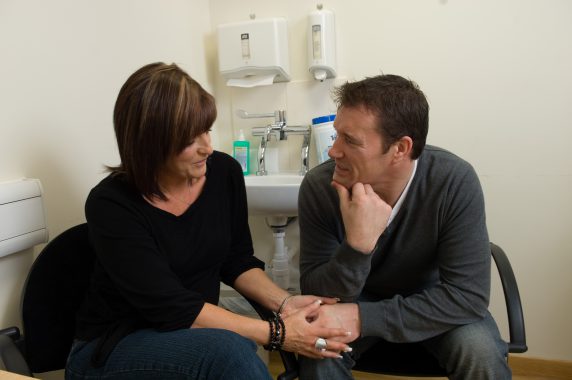GPs should refer PTSD patients within month of trauma, NICE proposes

NICE has published new draft guidance on treating PTSD for consultation, marking the first update to the guideline since 2003.
The new draft guidance recommends that patients with ‘clinically important’ PTSD symptoms are referred for individual CBT within a month of experiencing a traumatic event.
The original 2005 guidance suggests a ‘watch and wait’ appraoch with follow up after a month in patients with milder symptoms, and referral for CBT in the first month for those with severe PTSD symptoms.
The draft guideline acknowledges the diverse possible causes of PTSD, including homelessness, abuse, accidents and illegal immigration, and highlights the need for GPs to provide detailed information to patients about the treatment available to them.
It also updates the drug treatment options for PTSD in adults, suggesting that an SSRI or venlafaxine be considered if the patient has a preference for drug treatment, but that drug treatments should not be used to prevent PTSD.
The treatment recommendations for children and young people have also been updated, including the introduction of eye movement desensitisation and reprocessing therapy for children aged between seven and 17 who do not respond to or engage with CBT.
The guideline highlights the need to improve access to treatment services by providing multiple points of access and offering a choice of therapist to reflect the patient’s individual needs.
It also recommends that patients are involved in and fully understand decisions about transitioning their care between services.
Professor Mark Baker, director for the centre of guidelines at NICE, said: ‘PTSD is a treatable condition but the pain of revisiting past events can prevent people seeking the help they need.
‘We have updated our guidance to make sure that PTSD is managed as early as possible and give advice on coordinating the complex needs that are often associated with this condition.’
The guideline will be available for consultation until 23 July 2018.
Pulse October survey
Take our July 2025 survey to potentially win £1.000 worth of tokens

Visit Pulse Reference for details on 140 symptoms, including easily searchable symptoms and categories, offering you a free platform to check symptoms and receive potential diagnoses during consultations.











